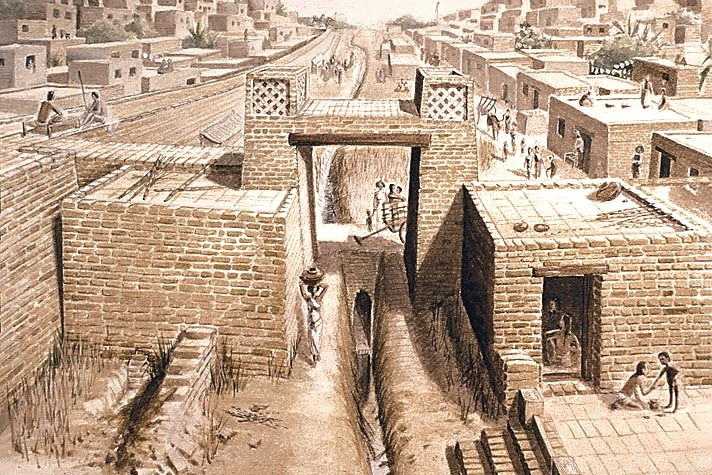about Civilizations
- Ferhat Çelik
- Feb 1, 2023
- 2 min read
Updated: Mar 21, 2023
The location of the first civilization is a subject of debate among historians and archaeologists, but several ancient societies are widely considered to be among the earliest civilizations to develop. Some of the most well-known early civilizations include:
Sumer: Located in Mesopotamia (modern-day Iraq), Sumer is widely considered to be the first civilization in world history. It emerged around 4000 BCE and is known for its development of writing, use of irrigation, and sophisticated political and social systems.
Ancient Egypt: Ancient Egypt emerged along the Nile River around 3150 BCE and is renowned for its incredible architectural achievements, such as the pyramids, as well as its achievements in areas such as art, religion, and mathematics.
Indus Valley Civilization: The Indus Valley Civilization developed in what is now Pakistan and northwest India around 3300 BCE. It was one of the world's first urban civilizations, with well-planned cities and a sophisticated system of weights and measures.
Xia dynasty: The Xia dynasty was a Chinese civilization that is believed to have existed from around 2100 BCE to 1600 BCE. While it is not as well-known as some other early civilizations, recent archaeological discoveries have provided new insights into this important early society.
These are just a few of the many ancient civilizations that developed around the world. Each of these early societies left a lasting legacy and helped to lay the foundations for the development of future cultures and civilizations.
As civilizations grew and expanded, they also interacted with one another, exchanging ideas, goods, and technologies. This led to the spread of knowledge and the growth of new civilizations, such as the ancient Greek and Roman civilizations, which made major contributions to fields such as philosophy, science, and engineering.
In the centuries that followed, civilizations continued to evolve and develop, leading to the rise of powerful empires, such as the Mongol Empire and the British Empire, as well as major technological advancements, such as the industrial revolution. Today, the world is home to a diverse array of cultures, languages, and societies, each with its own rich history and traditions.
The study of civilization history is important because it helps us to understand the development of human societies, and it provides a context for the challenges and opportunities that we face as a global community. By learning about the past, we can gain a better appreciation for the complexities of human society, and we can draw on the wisdom of the past to shape a better future.
